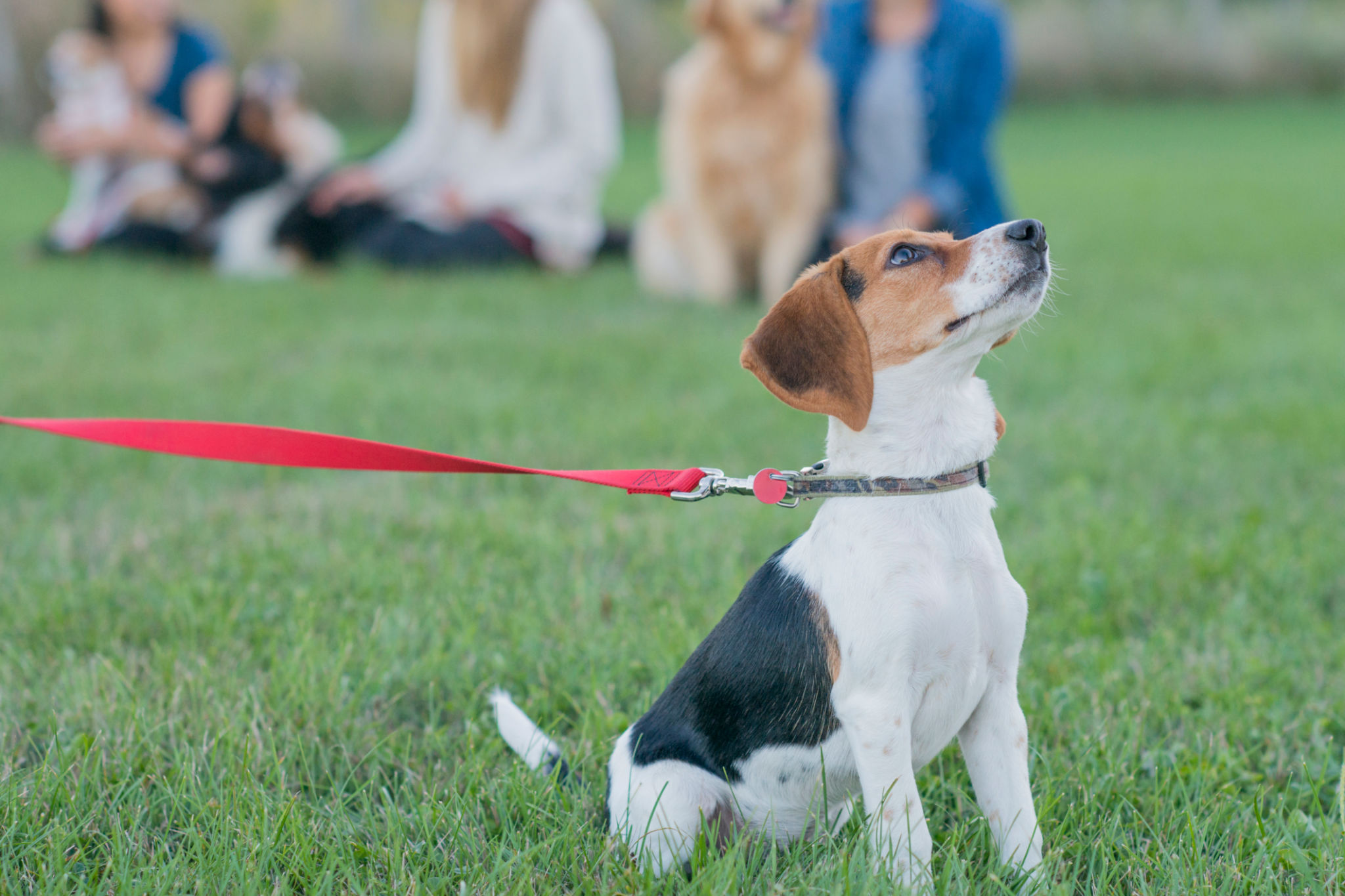How to Keep Your Dog Safe During Walks in Devon
Understanding Devon's Terrain
Devon offers a variety of landscapes, from rugged coastlines to lush countryside. Each terrain presents unique challenges and opportunities for walking your dog. Understanding these can help you prepare for a safe and enjoyable walk. Coastal paths might have steep cliffs or loose rocks, while forested areas can hide thorny underbrush or slippery mud.
Being aware of the surroundings ensures that both you and your furry friend are safe. It's essential to select paths suitable for your dog's size, age, and energy levels. This not only prevents accidents but also ensures your dog enjoys the walk.

Essential Gear for Dog Walks
Proper gear is crucial when taking your dog for a walk in Devon. Start with a sturdy leash and a well-fitted harness. This combination gives you better control, especially in areas with wildlife or other distractions. A reliable harness also prevents neck injuries that can occur with traditional collars.
Consider bringing a portable water bowl and fresh water, especially on longer walks or during warm weather. Dogs can easily become dehydrated, so regular hydration is key. Additionally, pack some waste bags for cleaning up after your dog to keep the trails clean and enjoyable for everyone.

Weather Considerations
Devon's weather can be unpredictable. It's wise to check the forecast before setting out. Rainy days may make paths slippery, increasing the risk of falls for both you and your dog. On hot days, try to schedule walks during cooler morning or evening hours to prevent heatstroke.
Pack a lightweight raincoat for your dog if you anticipate showers. This keeps them dry and more comfortable during unexpected rain. On sunny days, ensure you have access to shaded areas for rest breaks.
Training and Commands
Basic obedience training is beneficial for any dog, but it's particularly important when exploring new environments like those in Devon. Commands such as "come," "stay," and "leave it" can prevent mishaps like chasing wildlife or approaching hazardous areas.
Regular practice of these commands in a controlled environment builds confidence in your dog and ensures they respond appropriately during walks. Positive reinforcement methods are recommended to encourage desired behaviors effectively.

Protecting Against Wildlife
Devon's natural beauty includes diverse wildlife, which can be intriguing but also dangerous for curious dogs. Keep your dog on a leash when in areas known for livestock or wildlife to prevent unwanted encounters.
If you notice signs of wild animals, such as scat or tracks, it's best to steer your pet away from those areas. Educating yourself about local wildlife helps you identify potential threats and keep your dog safe.
Emergency Preparedness
Despite precautions, accidents can happen. Being prepared with a basic first aid kit tailored for dogs is wise. Include items like antiseptic wipes, bandages, and tweezers for removing splinters or ticks.
It's also useful to have the contact information of local veterinarians handy in case of emergencies. Knowing the nearest vet clinic's location and hours ensures you can quickly seek help if needed.

Respecting Local Regulations
Many areas in Devon have specific regulations regarding dog walking. These rules are designed to protect the environment and ensure safety for all visitors. Be sure to comply with leash laws and any posted signs regarding restricted areas.
By respecting these regulations, you contribute to preserving Devon's natural beauty and ensure that the trails remain accessible and welcoming for all dog lovers.